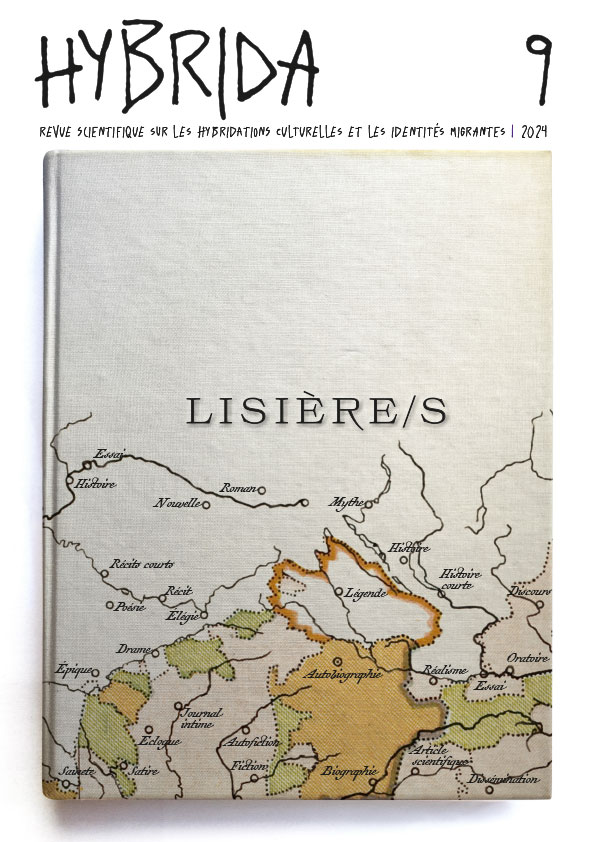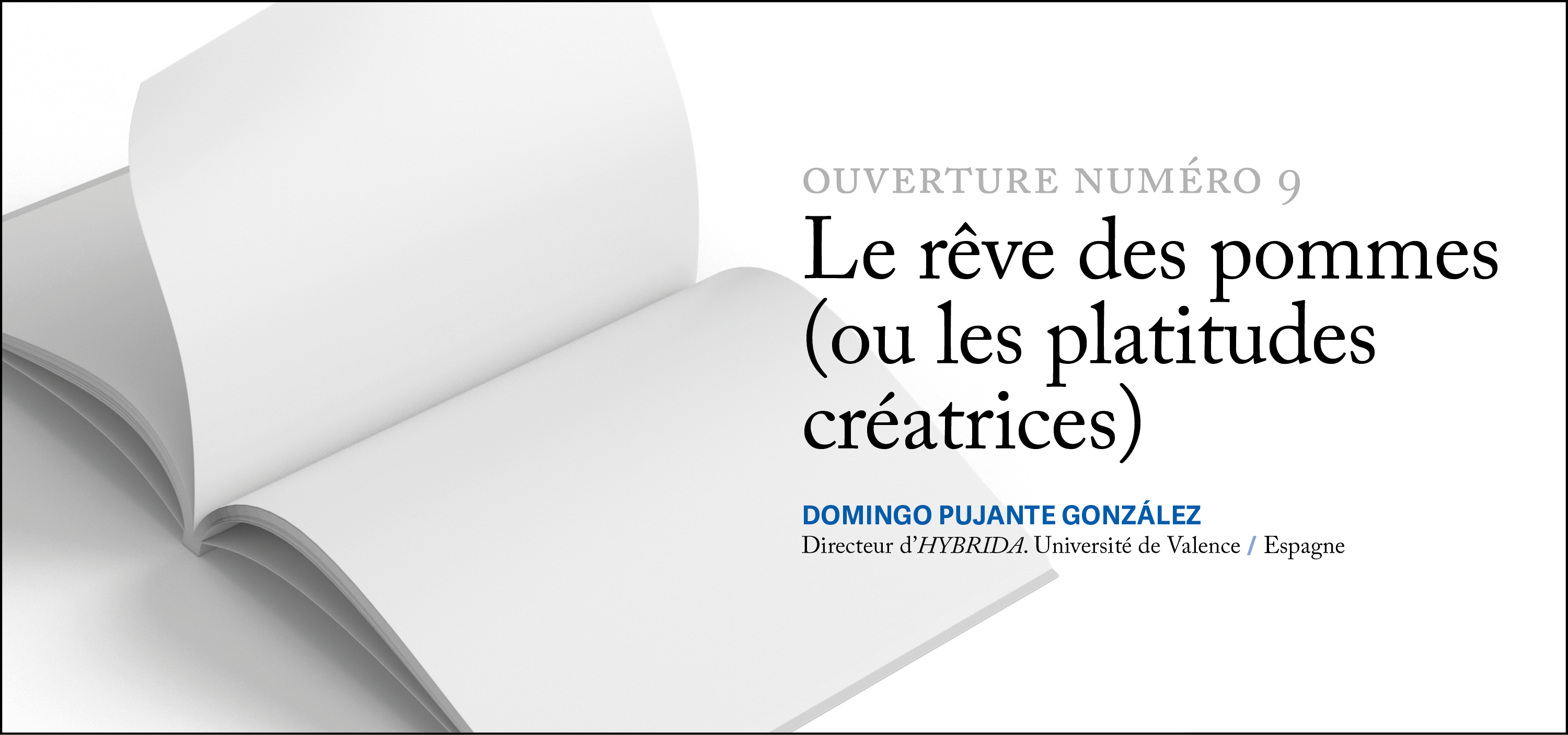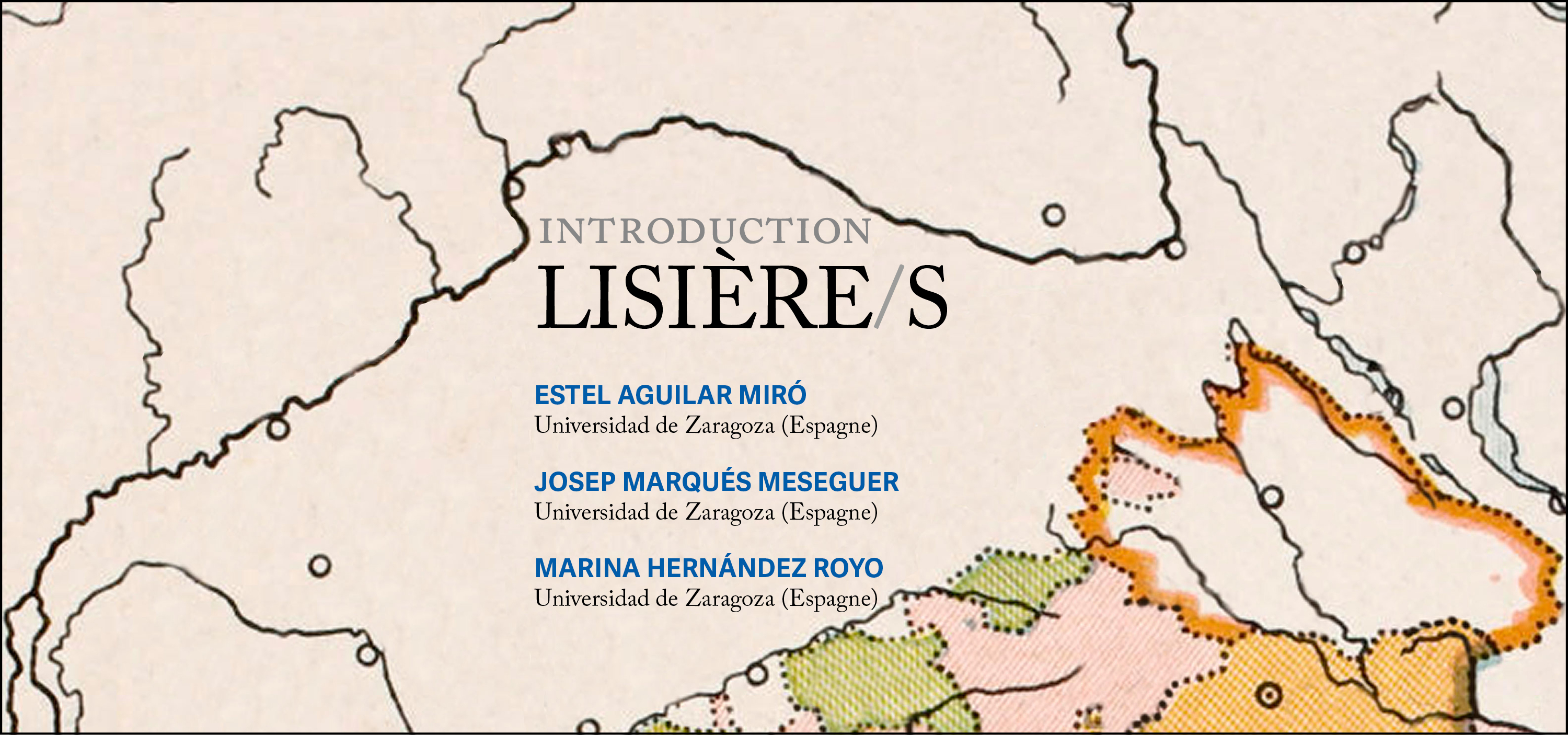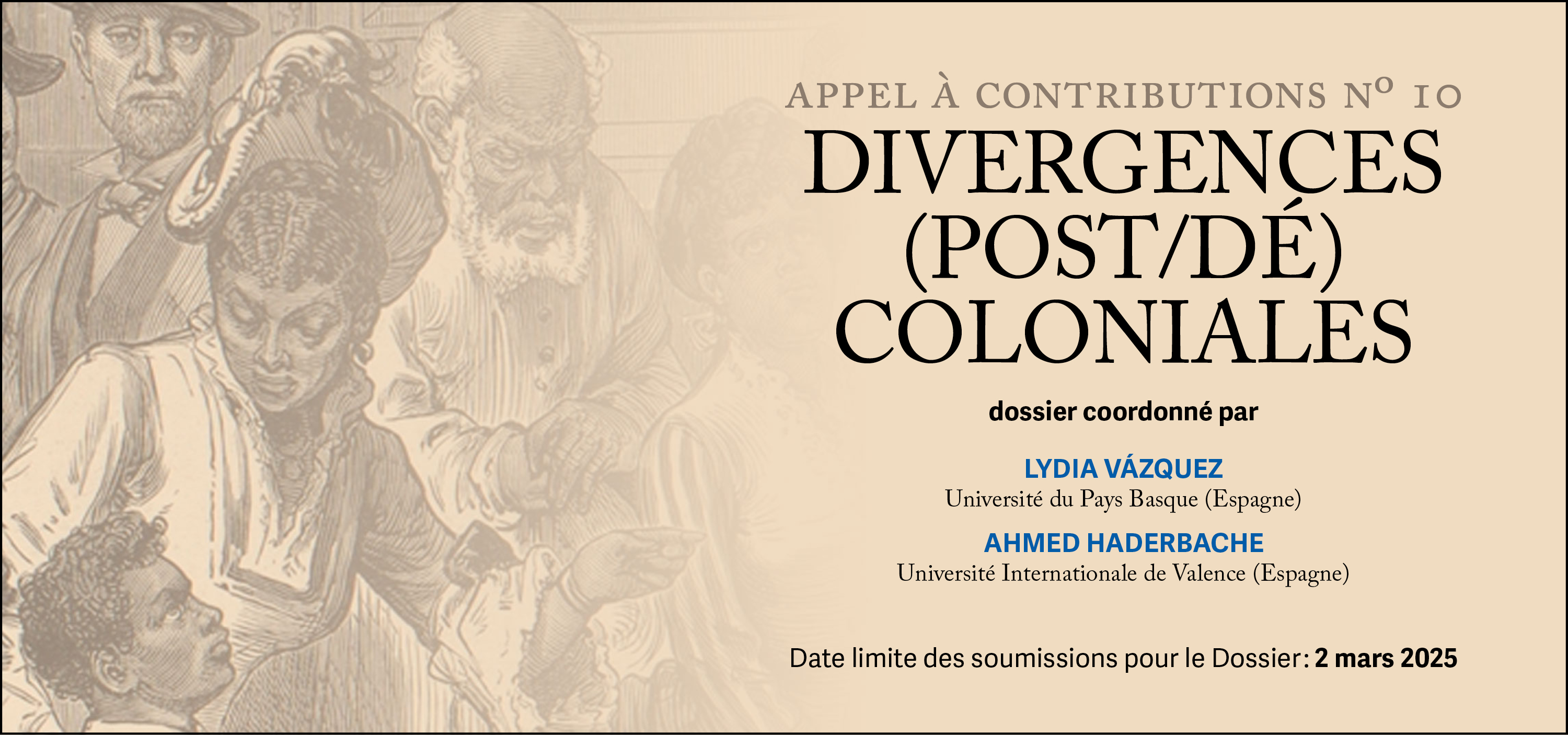HYBRIDA. Scientific journal on cultural hybridizations and migrant identities (ISSN 2660-6259) is a biannual open access journal with an international scientific committee and a peer review committee (double-blind system) that publishes original research in the field of cultural studies. Edited by the University of Valencia, it is addressed to a specialized international public that is interested in studies in the humanities and social sciences, and especially in Francophone or comparative production. We encourage the international scientific and university community to send us articles in all fields of the human sciences focused on the analysis of cultural productions from the perspective of intersectionality (gender, race, class...) and privileging French as the language of expression. We also accept articles in Spanish and English.
Current Issue

The ninth issue of HYBRIDA is especially dense and interesting. The Dossier entitled ‘LISIÈRE/S’, carefully coordinated by Estel Aguilar Miró, Josep Marqués Meseguer and Marina Hernández Royo of the University of Zaragoza, who have done a brilliant job of editing and written a fine introduction presenting the ecopoetic and geocritical approaches, as well as the concept of transgression in the broadest sense, is made up of six research articles, including one from the Ivory Coast, two from Spain, two from France and one from Switzerland. Bertrand Wespthal, drawing on authors such as María Zambrano and Michel Tournier, has written an excellent ‘theoretical’ article on the notion of the ‘edge’, using the metaphor of the ‘ajar door’ and opening the door to intercultural dialogue. The works of Emmanuel Carrère, Violette Leduc, Pauline Delabroy-Allard and Léonora Miano are also examined from the perspective of migration studies, gender studies, feminist studies and ecological studies. The life of the painter Caravaggio in contemporary fiction will also be explored in an original way. In the Mosaic section, we are publishing an article from Cameroon on cultural hybridity and multilingualism in the work of Djaïli Amadou Amal. In the Traces section, we publish ‘Silence in the Darkness’, containing a short explanatory text and photographs by Alexandre Melay exploring the marginal ‘natural’ spaces of the urban periphery.



















